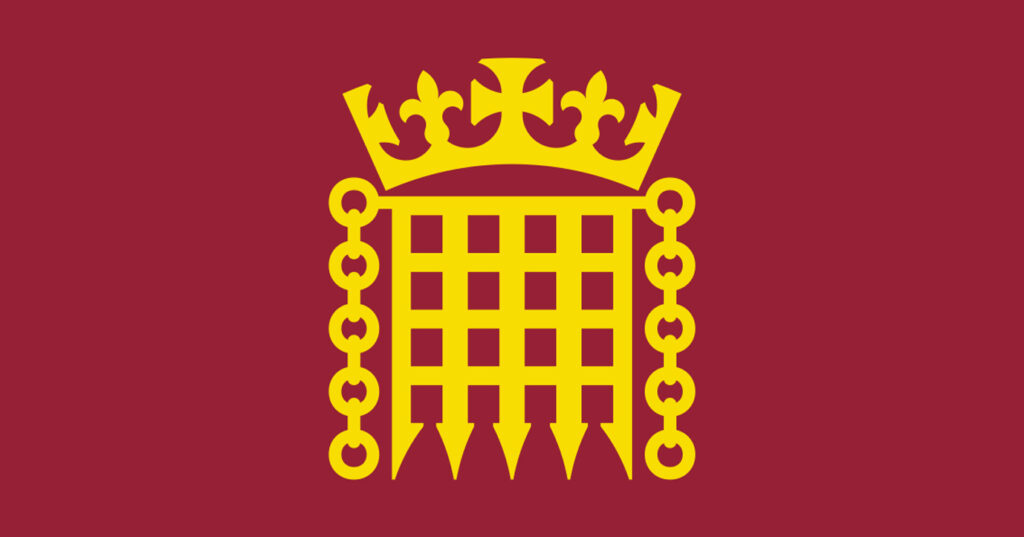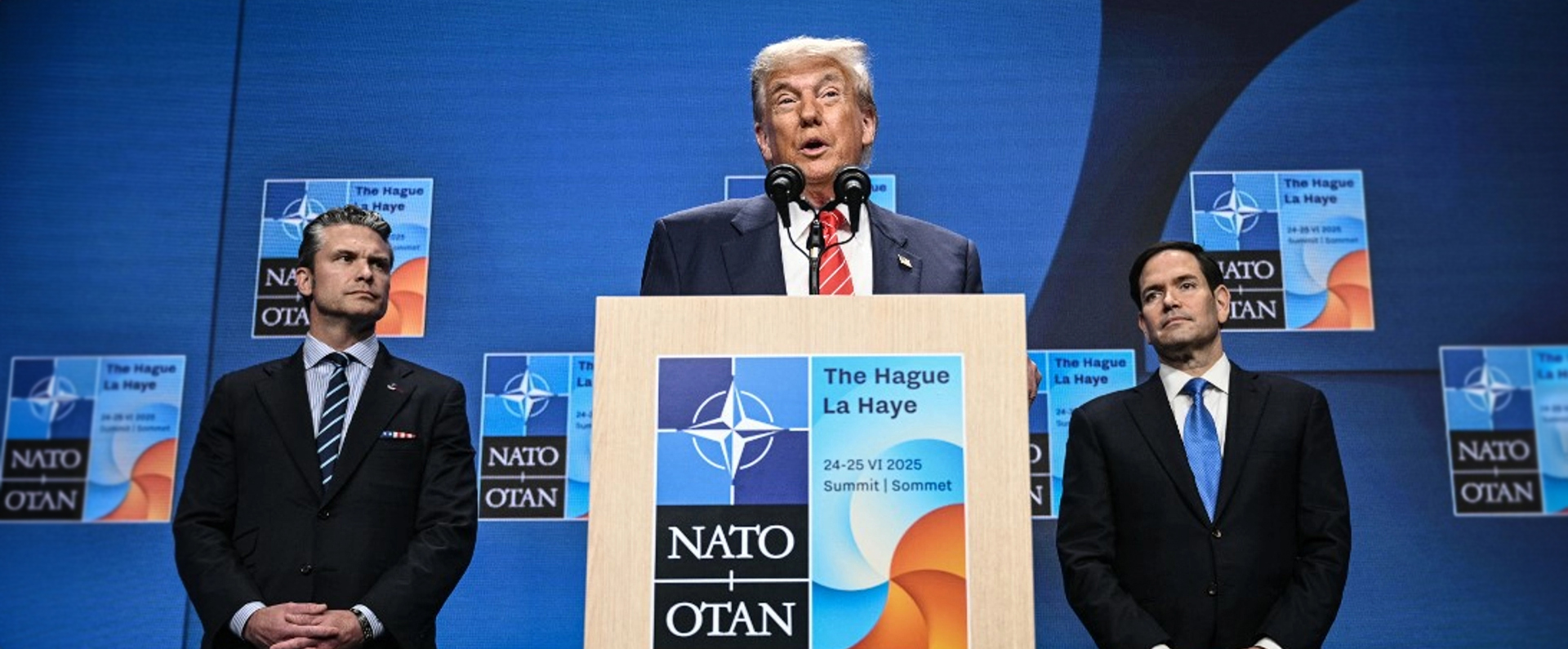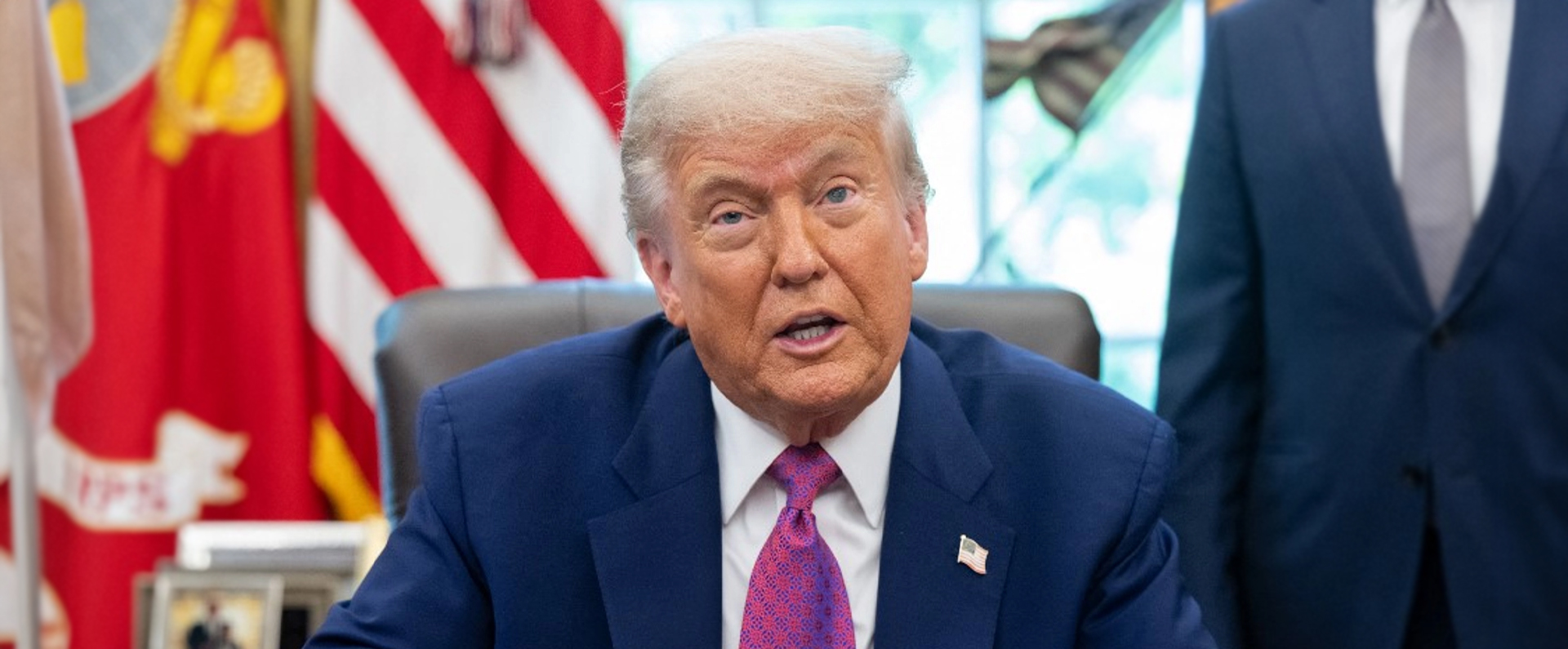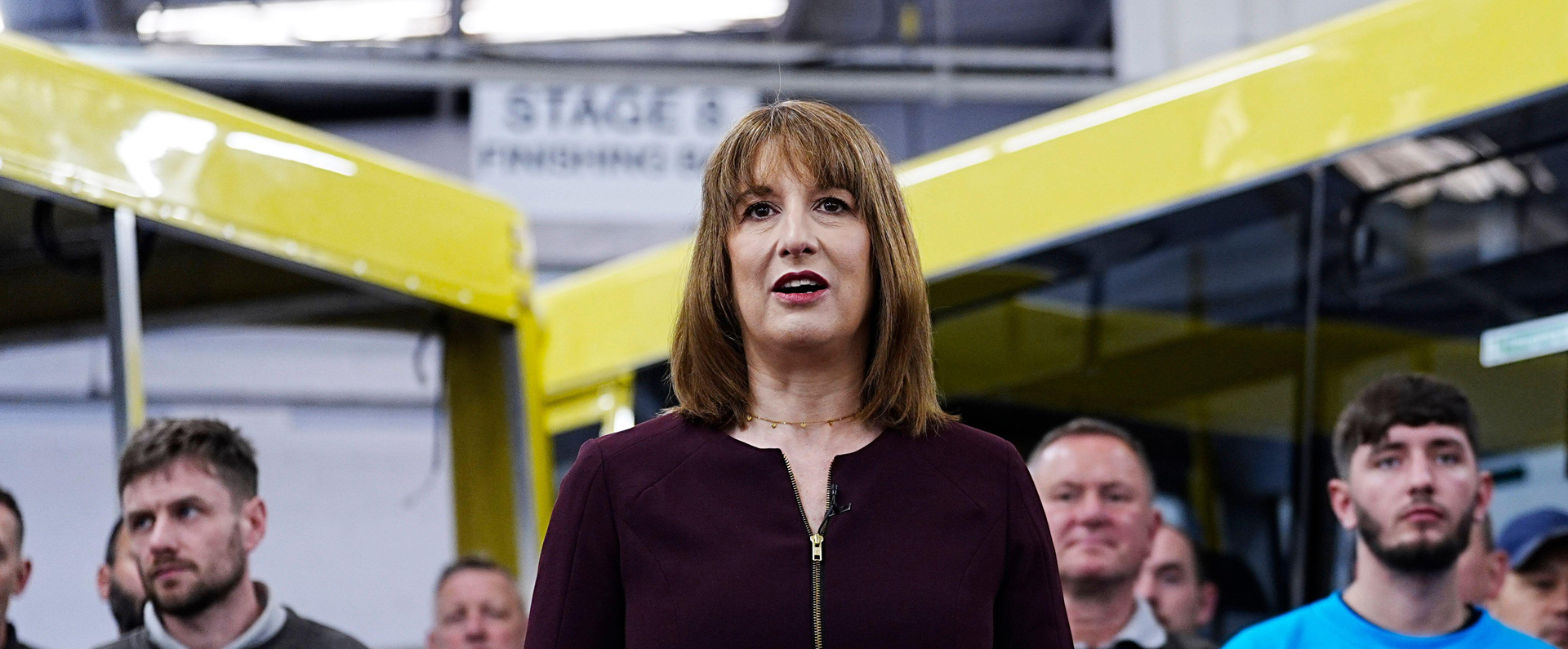
04 December 2008 – 1605hrs
My Lords, I returned this morning from a visit to Chad that I made earlier this week. The purpose of my visit to the eastern border with Sudan was to see and understand the internationalisation of the Darfur conflict. For too long, the crisis in Darfur has been thought about and talked about in isolation. I have visited Darfur twice in the past two years and seen how bad things are on the ground. It is clear that the crisis has spilt across international borders, particularly into Chad and the Central African Republic. It is also destabilising the hard-won north-south peace in Sudan and contributing to tensions in the east of Sudan.
In Chad this week I visited Djabal refugee camp and Gourounkoun camp for displaced people. There are close to half a million refugees and displaced persons in eastern Chad. One hundred and eighty thousand of these are Chadian, forced from their villages near the border with Sudan by the Sudanese Janjaweed, who are propped up by the Sudanese Government and who have spread terror and unrest. Hundreds of thousands of people have fled across the border from Darfur.
I met displaced people who fear that across the nearby hills the Janjaweed and local militias roam freely. It is this fear that is preventing these displaced people from returning to their villages. Their frustration towards the international community is evident. One displaced person angrily approached me to ask why the camp receives visitors again and again and yet the situation never improves. Indeed, the situation for these people has deteriorated. They despair that the World Food Programme has not delivered food to Gourounkoun camp for the past six months and they try to survive a hand-to-mouth existence by selling firewood, of which there is little remaining.
In some cases, the refugee camps have now taken on such a permanent nature that the infrastructure—schools and health clinics—include better facilities than existed in the Darfuri villages from which the refugees were driven. This means that there is less incentive for them to return home, and certainly not while the insecurity and terror continue.
What recent discussions have the Government had with the French regarding the humanitarian situation in Chad? Will the Government give further information on the £5 million of British aid that is currently being spent in Chad? What are the Government’s plans for future spending there?
Meanwhile, across the border in Darfur, the international community faces intense embarrassment. The joint UN-African Union force for which we pushed so hard is a complete mess. There are supposed to be more than 20,000 troops on the ground; instead, there are nearer 10,000, few more than when the African Union was there on its own. The troops are woefully under-equipped and the people of Darfur are not being properly protected. Will the Government update the House on the latest efforts to beef-up the hybrid force in Darfur? Will they reassure the House that they are looking at the situation in Darfur holistically in the context of wider issues in Sudan, including the north-south peace process, and in the east of the country, as well as with regard to Sudan’s neighbours? Will the Minister comment on the latest state of play with regard to the indictment of President Bashir by the International Criminal Court and on the British Government’s position in respect of that? Until there is a peace agreement between the Governments of Chad and Sudan there will be no humanitarian solution—no hope for these displaced people and refugees.
There is an enormous difference between the rhetoric of the UN in New York and the world’s leaders about the responsibility to protect, and the realities which I saw for myself on the ground on the Chad-Darfur border. It is true that EUFOR is making a good contribution to promoting peace and security. The question is whether the successor to the EUFOR force, the UN—MINURCAT 2—force, will be able to build on that security. Will it be able to give confidence in the police system and the justice system so that the refugees and displaced people can return to their homes and villages? All this takes place against the background of a country which Transparency International regards as one of the most corrupt in the world.
Everyone understands that the Darfur crisis requires a political solution, not a military one. All those of us who have taken a close interest fully appreciate that. But having seen for myself over the past few days how this crisis has spilled over international borders, I urge the Government to play their part within the international community to secure a durable solution for the sake of the millions of people who are suffering so much throughout this region.



